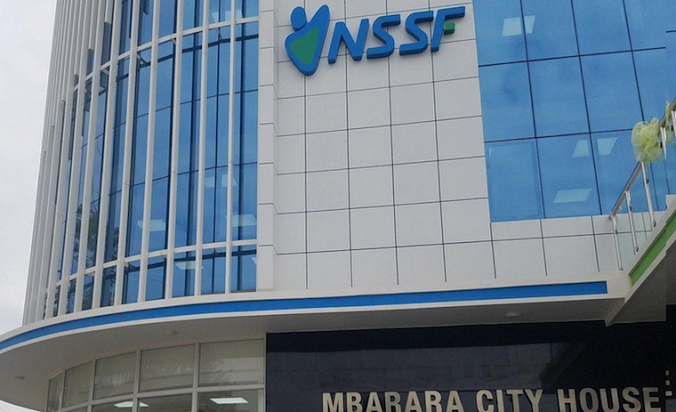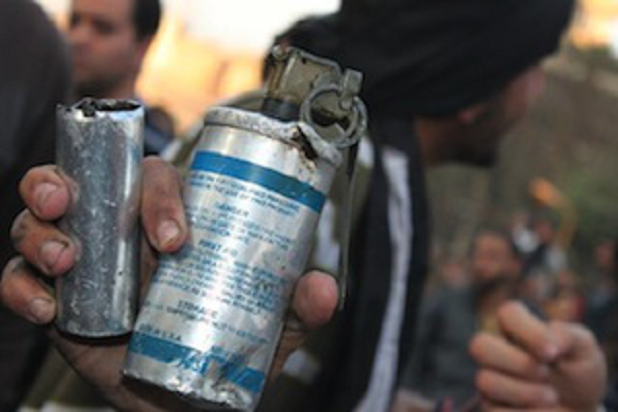Uganda’s Ethics and Integrity Minister, Father Simon Lokodo has revealed that he is soon introducing a ‘zero tolerance’ policy to curb corruption.
Lokodo revealed this on Thursday during 8th East African Revenue Authorities Committee on Integrity (EARATCI) held.
“I am soon tabling a bill on zero tolerance on corruption and i hope this will help end corruption in the country,” Lokodo said on at the meeting held at Mestil Hotel.
He added that apathy, glorification of corruption, tolerance on the vice, patronage of the system and moral decadence were the biggest causes of corruption in the country.
The forum has featured dialogues on the EARATCI experiences, collaboration and partnership in Revenue collection.
Lokodo however, said government should take advantage of the existing framework to fight the vice.
“Government has put in place institutions to fight corruption. We have the very formal legal framework to fight the vice,” Lokodo said.
The engagement is also tackling issues of professionalism, reviewing of the last EARA integrity performance statistics FY 2017/18, disciplinary mechanism as well as the effectiveness of One Stop Boarder Posts (OSBPs) in reducing corruption.
Dr. Protazio Begumisa, URA’s Commissioner Internal Audit and Compliance (CIAC) revealed that the authority practices a zero tolerance policy on corruption. He told of how the authority had been able to track corrupt officials who were spreading the vice through tricks like selling fake invoices, use of IT and influence of committees.

Protazio received instruments of power from Jean Claude of Burundi Revenue Authority effectively assuming the position of chairman of the EARATCI. He then took charge of the three days engagement.
The delegates are also to discuss the role of surveys in measuring the impact of strategies against corruption, experiences in promoting organizational integrity, fighting corruption, emerging corruption trends, key drivers and improvement areas.
Henry M Saka, the Acting URA Commissioner General, described corruption as a “multi-headed monster” and a “complex and dynamic” problem that manifests itself in numerous ways.
He said that he is hopeful that the ongoing conference will address the challenges brought forth by the ‘monster’.





